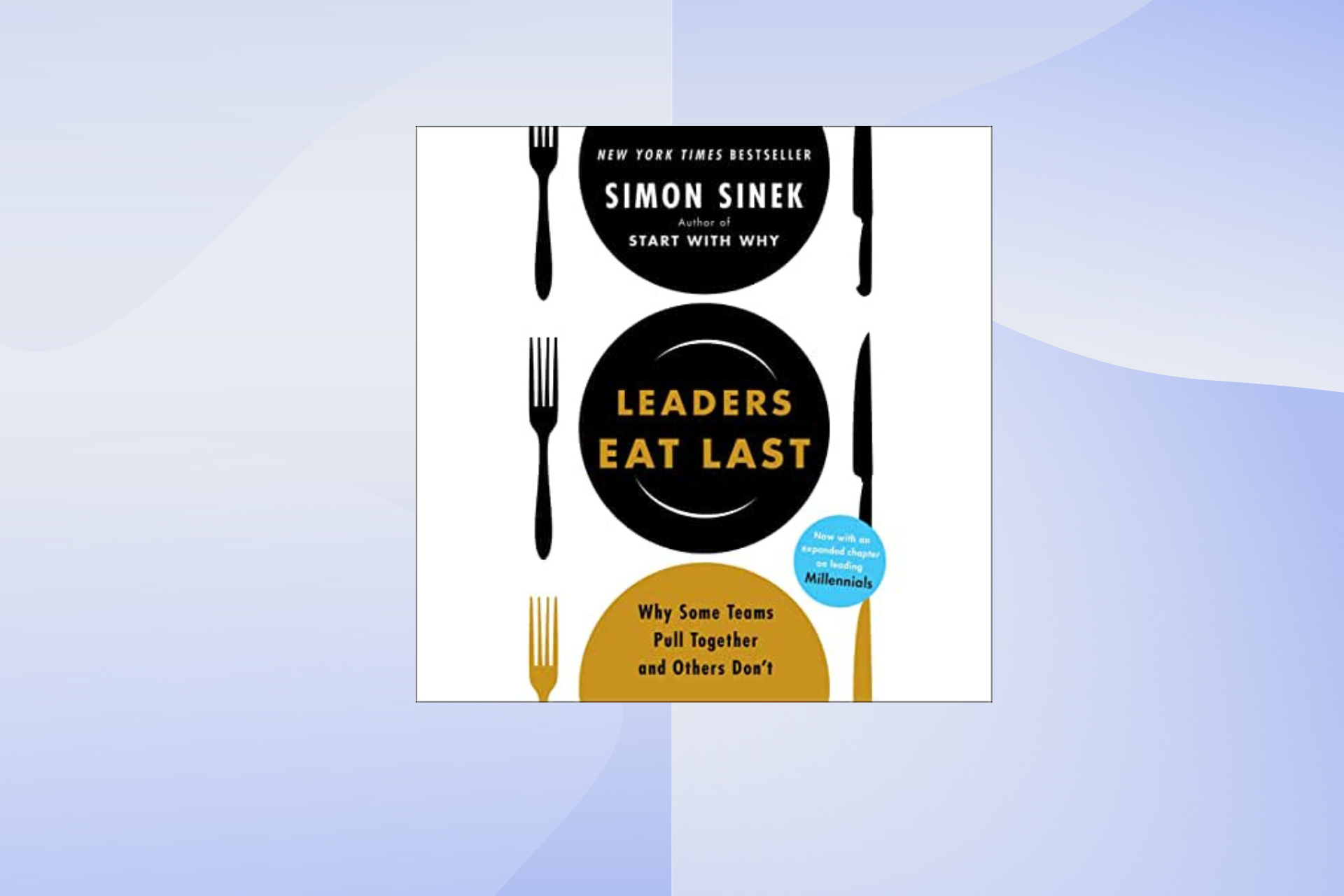- Create safety in teams.
- Trust fosters collaboration.
- Prioritise group’s needs.
- Endorphin-driven leadership.
- Leaders: responsibility first.
In "Leaders Eat Last," Simon Sinek delves into the core of leadership dynamics, a must-read for entrepreneurs and business enthusiasts in Australia and worldwide. He illustrates that an effective leader isn’t someone absorbed with self-progression, but rather someone who prioritises the well-being and success of their team.
Sinek explores this concept using a biological approach, referencing the human 'circle of safety' and how it relates to corporate culture. By creating an environment where employees feel safe, leaders establish a workplace conducive to trust and cooperation, factors paramount to an organisation's capacity to thrive amidst volatility and uncertainty.
The book is rich with examples, from military anecdotes to corporate case studies, highlighting how leaders who are willing to 'eat last,' putting their people's needs before their own, witness remarkable improvements in their organisation’s performance. This altruistic leadership style doesn't just enhance productivity but fosters a sense of belonging and purpose, invaluable for entrepreneurs navigating the trials of business growth.
In applying these principles, entrepreneurs can construct a resilient, united workforce, ready to face the multifaceted challenges of modern business landscapes. Moreover, leaders themselves experience enhanced personal satisfaction and a healthier life, knowing they contribute positively to the lives of others.
For Readers Who: Individuals passionate about transformative leadership, team dynamics, organisational culture, and those seeking to understand the human side of business would highly appreciate "Leaders Eat Last."
Quotes
“If your actions inspire others to dream more, learn more, do more and become more, you are a leader.”
“You can easily judge the character of a man by how he treats those who can do nothing for him.”
“The true price of leadership is the willingness to place the needs of others above your own. Great leaders truly care about those they are privileged to lead and understand that the true cost of the leadership privilege comes at the expense of self-interest.”
“As the Zen Buddhist saying goes, how you do anything is how you do everything.”
“Returning from work feeling inspired, safe, fulfilled and grateful is a natural human right to which we are all entitled and not a modern luxury that only a few lucky ones are able to find.”
“And when a leader embraces their responsibility to care for people instead of caring for numbers, then people will follow, solve problems and see to it that that leader’s vision comes to life the right way, a stable way and not the expedient way.”
References
"Simple and elegant, it shows us how leaders should lead."
WILLIAM URY CO-AUTHOR: CO-AUTHOR OF GETTING TO YES
